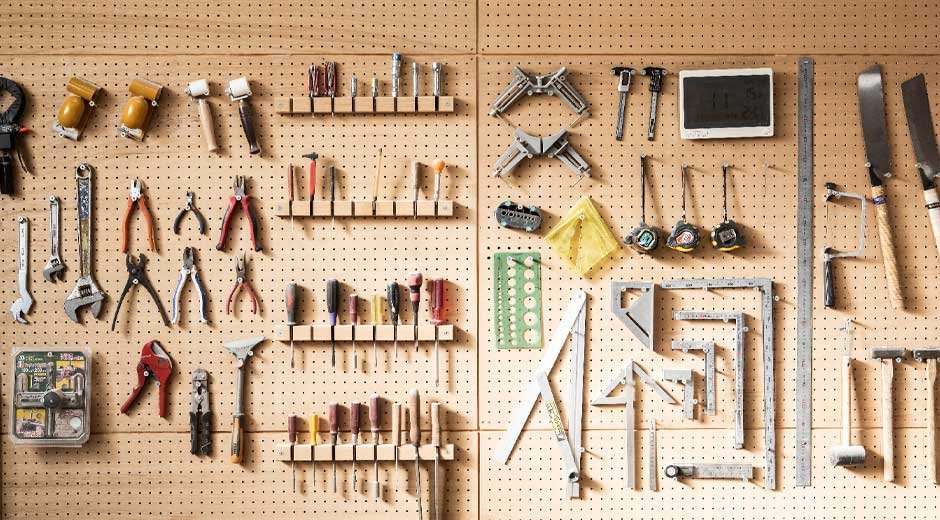How the Right Tools Can Make DIY Easier

Tackling DIY projects at home can be both exciting and overwhelming. From assembling furniture to fixing minor repairs, having the right tools can make a world of difference. The correct equipment not only makes tasks more efficient but also ensures safety and better results. Understanding which tools to use and why they matter is essential for any DIY enthusiast, whether you’re a beginner or an experienced pro.
The Importance of Having the Right Tools
Using the wrong tool for a task can lead to frustration, mistakes, and even injury. Imagine trying to tighten a screw with pliers instead of a screwdriver; it might seem like a shortcut, but it could damage the screw or the surrounding material. By investing in quality tools designed for specific tasks, you make your work easier, faster, and more precise. Additionally, having the right tools can prevent unnecessary wear and tear on both the tools and your materials.
Essential Tools for Every DIYer
While every project is different, some basic tools are essential for most DIY tasks. A sturdy hammer, a set of screwdrivers in various sizes, pliers, a measuring tape, and a reliable power drill are foundational. These tools cover a wide range of tasks, from hanging shelves to assembling cabinets. For projects involving wood or metal, having saws and sanders will make cutting and finishing much more manageable. Quality tools might cost more initially, but they save time and effort in the long run.
Power Tools vs. Hand Tools
Hand tools are indispensable for precision and control, while power tools are ideal for speed and efficiency. For instance, a hand screwdriver allows careful tightening of delicate screws, while an electric drill can quickly assemble a set of cabinets. Understanding when to use each type is key. Power tools can transform a weekend project into a manageable task, while hand tools provide the finesse needed for finishing touches and detailed work.
Organising Your Tools
Keeping your tools organised is often overlooked, yet it is crucial for smooth DIY work. A well-organised toolbox or wall-mounted storage system ensures you can find what you need without wasting time. Labelling storage bins for screws, nails, and other small parts can save hours on larger projects. This organisation also helps you maintain your tools in good condition, reducing wear and avoiding unnecessary replacements.
Fixings and Fasteners: Small but Crucial
Even the best tools are useless without the right fixings. Screws, nails, bolts, and other fasteners hold your work together. Using the appropriate fixings for your project ensures stability and durability. For example, heavier furniture requires sturdier screws, while lightweight fixtures can use simpler fasteners. It’s worth keeping a stock of various sizes and types to avoid interruptions mid-project. For DIYers looking to stock up, you can buy fixings online to ensure you have everything you need on hand.
Safety First
No discussion about tools is complete without emphasising safety. Protective gear such as gloves, goggles, and ear protection is essential when handling power tools. Proper training and knowledge about each tool’s correct use also reduce the risk of accidents. A safe DIY environment allows you to focus on the task itself rather than worrying about potential hazards.
In Summary
The right tools can transform a daunting DIY project into a manageable and enjoyable task. From basic hand tools to power equipment, organisation and the correct choice of fixings make a significant difference in efficiency and results. Investing in quality tools and maintaining a safe workspace ensures that DIY projects are not only successful but also satisfying. By prioritising the right tools and materials, any DIY enthusiast can tackle projects with confidence and ease.



